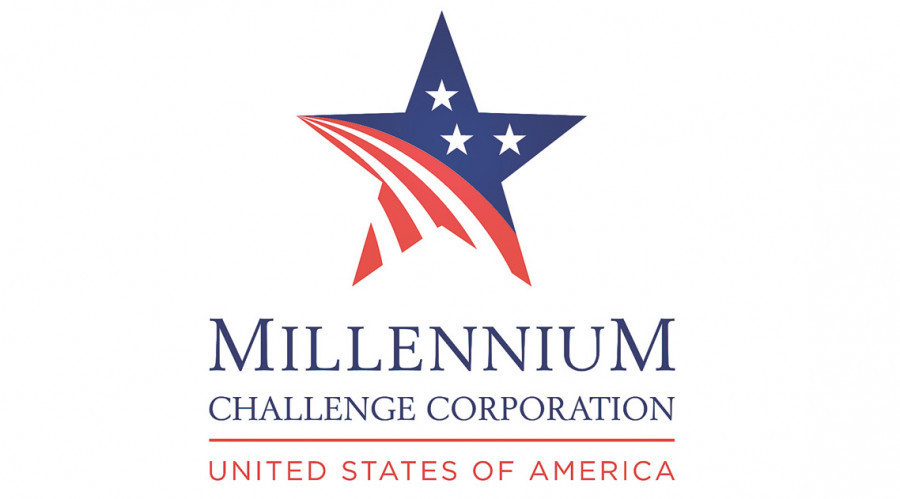National
Private sector writes to prime minister asking for MCC compact ratification
Independent Power Producers’ Association of Nepal, however, stays away from the demand.
Post Report
The Nepali private sector has once again come together to demand that the Millennium Challenge Corporation compact be ratified by parliament as the fate of the US aid is increasingly becoming uncertain due to political differences.
On Sunday, a group of private sector representatives submitted a memorandum to Prime Minister Sher Bahadur Deuba requesting him to take firm, principled, and affirmative action to ratify the compact without further ado.
Representatives of the Federation of Nepalese Chambers of Commerce and Industry, Confederation of Nepalese Industries, Nepal Chamber of Commerce, Nepal-US Chamber of Commerce and Industry and the Federation of Contractors’ Association of Nepal signed the joint letter sent to the Prime Minister which has highlighted the benefits of the US grant.
Under the US$500 million aid, around 315km of 400KV transmission line will be built and road improvement work will be carried out. “The transmission line to be constructed under the MCC Nepal Compact as a part of the Transmission System Development Plan of Nepal is a welcome relief and will help address the infrastructure inadequacies in the energy sector,” the memorandum to the Prime Minister reads. “We have also learned that the project will employ above 7000 Nepali manpower during the construction period and use much local material and expertise.”
It is the second time that the Nepali private sector called for endorsement of this programme after the Federation of Nepalese Chambers of Commerce and Industry, Confederation of Nepalese Industries, and Nepal Chamber of Commerce in early October called for the ratification of the MCC Compact for the first time.
The late pushback from some stakeholders in favour of the MCC compact has come at a time when the US aid programme has become a lightning rod of controversy in Nepal, with political parties deeply divided over the programme.
With social media full of angry outbursts against the MCC compact, hardly any political party, civil society group or business bodies have spoken in favour of endorsing the US aid lately.
Even though the private sector bodies tried to rope in the Independent Power Producers’ Association of Nepal (IPPAN), a grouping of the private sector power producers, to join them in submitting the memorandum to the Prime Minister, IPPAN sought to stay away.
IPPAN President Krishna Prasad Acharya told the Post that they decided to stay away because the issue is controversial although they believe that the proposed transmission line must be constructed.
“We are firm in our belief that the proposed transmission line should be built but we didn’t want to say who should build them,” he said.
In the memorandum, the private sector associations have said. “Since the MCC has agreed to provide an unconditional grant, the grant is in Nepal’s interest as our country faces a massive shortage of resources to meet enormous infrastructure needs.”
They also warned that backtracking from an already signed international agreement will erode Nepal’s image and trustworthiness, driving away foreign investors as well as donors.
The fate of the MCC Compact in Nepal has been uncertain after the government prorogued parliamentary session in late October without even tabling it for discussion.
After the latest prorogation of Parliament, the headquarters of the United States Millennium Challenge Corporation (MCC) has expressed concerns over the delay in parliamentary ratification of the grant.
“The prorogation without ratification of the compact further delays benefits to millions of Nepali households,” the MCC headquarters said in a statement in Washington DC. In September, a high-level delegation led by MCC Vice-President Fatema Z Sumar visited Nepal and said they were in Kathmandu to make one point clear—take it or leave it.
“It has already been four years since the agreement was signed. Now is the time to act and decide whether you want to go with the MCC Nepal Compact,” she had said in a press meet before her departure.




 13.12°C Kathmandu
13.12°C Kathmandu













